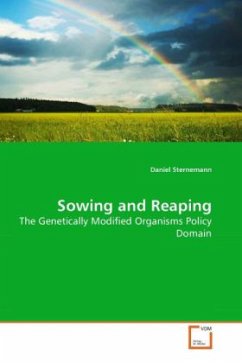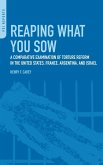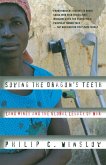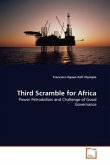This study examines the genetically modified organisms (GMO) foodstuff policy domain in the United States to determine whether it is characteristic of an issue network or a subgovernment and what affect its composition has on GMO policy formation. Various political science theories and frameworks are employed, with particular emphasis on interest group politics theories. Qualitative and quantitative sources of information are used, such as scholarly books, articles, governmental resources, and data on U.S. House of Representatives voting history and campaign contributions to House members. The GMO policy domain in the U.S. remains a subgovernment with the power and control of agribusiness interests firmly entrenched. Weak anti-GMO niche advocacy groups are attempting to enter the construct and form an issue network that would also include the courts, natural and organic farmers, consumer advocacy groups, and the health-minded public. Such an issue network would likely produce an opportunity to propose policy alternatives and update the twenty-year-old GMO policy in the U.S.








